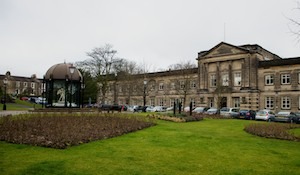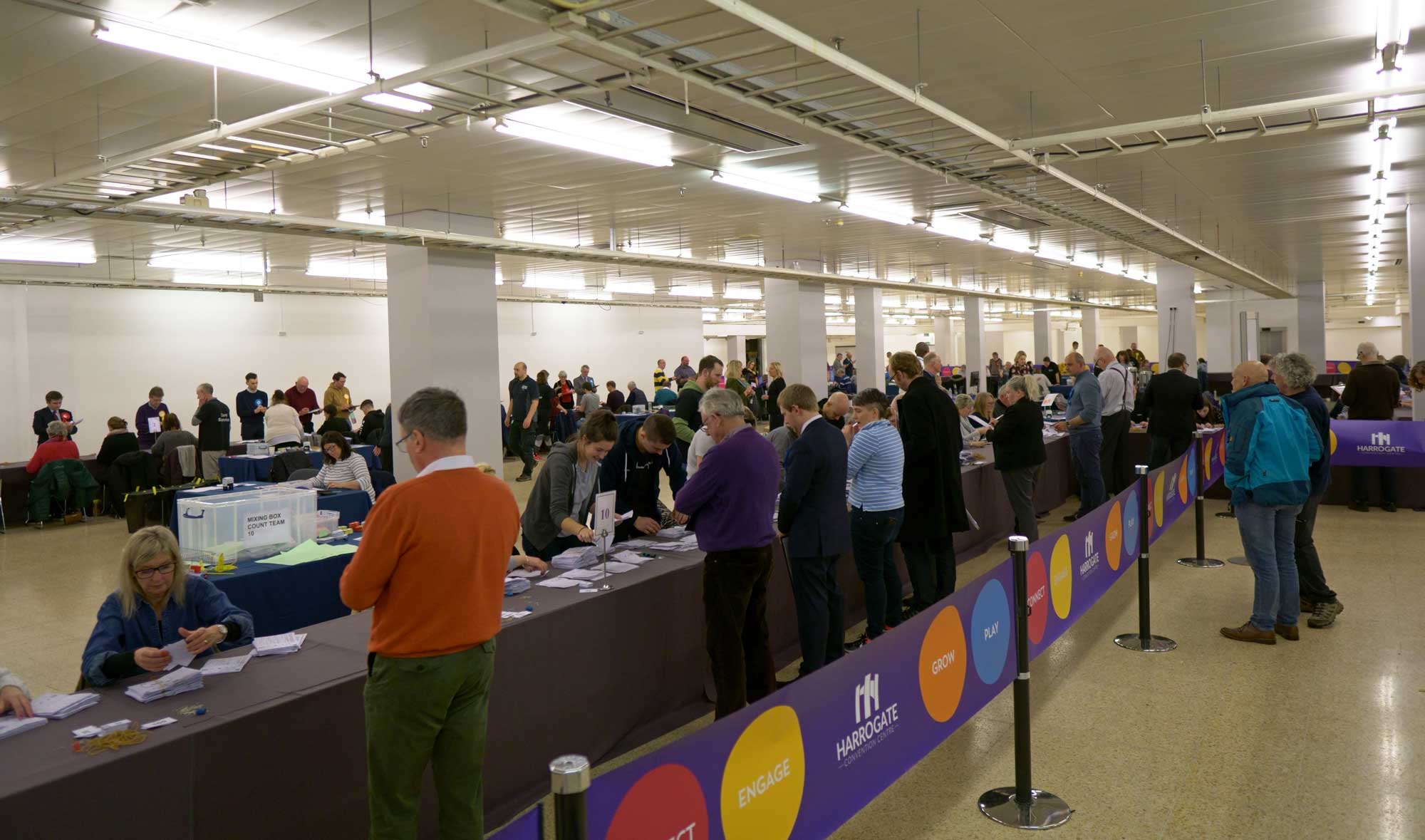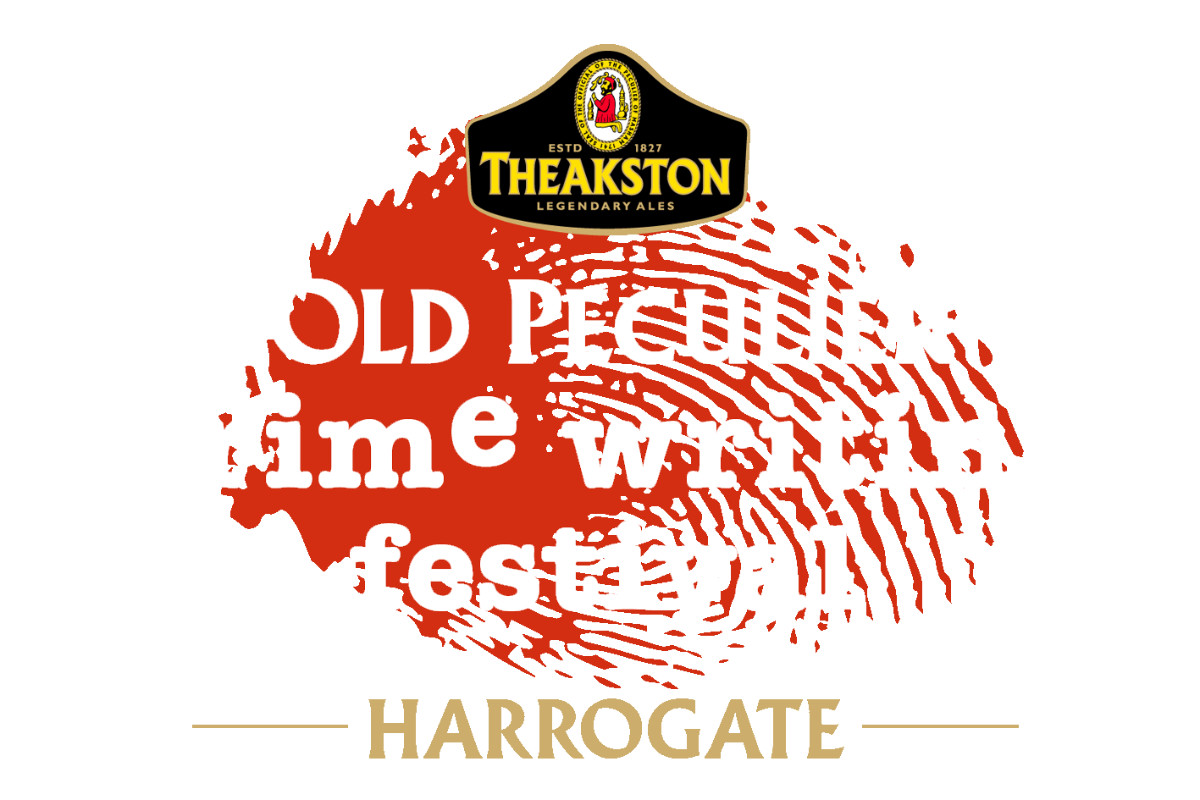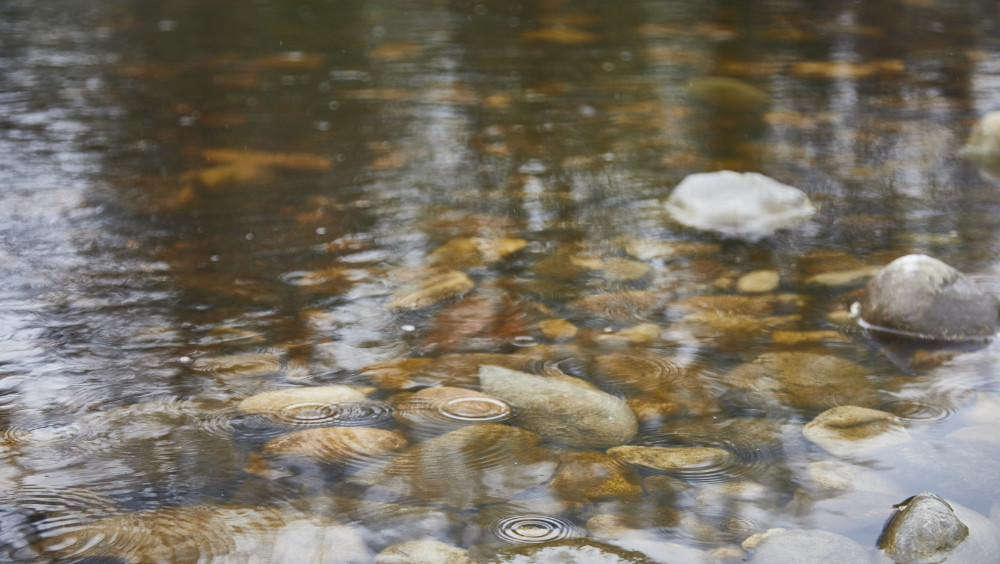 Harrogate Borough Council has commented on the town’s Spa water being suspended to redress what it believes are misleading media reports.
Harrogate Borough Council has commented on the town’s Spa water being suspended to redress what it believes are misleading media reports.
Following testing they are hopeful that the access will be restored and people will be able to once again sample the sulphur water.
A spokesperson for Harrogate Borough Council said:
Public access to the water at the Royal Pump Room Museum has been temporarily suspended to allow the council to consider the results from recent scientific tests. The tests have been undertaken in response to the requirements of the 2009 Private Water Supplies Regulations. Those regulations transpose and implement the UK’s obligations under EU directive 98/83/EC which is concerned with the quality of water intended for human consumption. The directive is in turn, largely based on World Health organisation guidelines.
The effect of the directive and the regulations is to impose a stricter testing regime than previously applied and to bring within scope, water sources (including wells, springs and boreholes) that had previously been excluded from the requirement to test for chemical composition.
The tests under the new regime have revealed that the sulphur water has a chemical make-up which leads to a classification of it being ‘unwholesome’. This description probably doesn’t come as a great surprise to anyone who has tasted the water, however the classification is actually an assessed grade based on defined parameters, not a purely subjective opinion.
In simple terms, the water contains certain elements which have the potential to cause harm to health if consumed in sufficient quantity. There is no suggestion that mere contact with the water or use in other ways eg in soap or as a skin preparation, poses any significant risk.
In deciding how to respond to this new information the Council has sought advice from health professionals and public agencies including the Drinking Water Inspectorate and the Health Protection Agency. The view from these bodies is that the Council should not be encouraging members of the public to drink the water. The question that arises is therefore whether access should be permanently removed or if an outcome more sympathetic to Harrogate’s history and to its on-going tourism appeal can be found. The council is hopeful that it will be possible to adopt a position which allows access to be restored to the outside tap but with signage that alerts the public to the possible health risk. Within the Pump Room Museum visitors will still be encouraged to smell but not taste the water.
In summary this is not an EU attack on Harrogate’s heritage and Harrogate Borough Council has not permanently withdrawn access to the water. Rather, EU devised regulations have alerted the council to a potential health risk and the council is seeking to manage these risks whilst respecting the spa heritage and offering a fulfilling experience to the town’s visitors.
The expectation is that public access will be restored in the near future.






